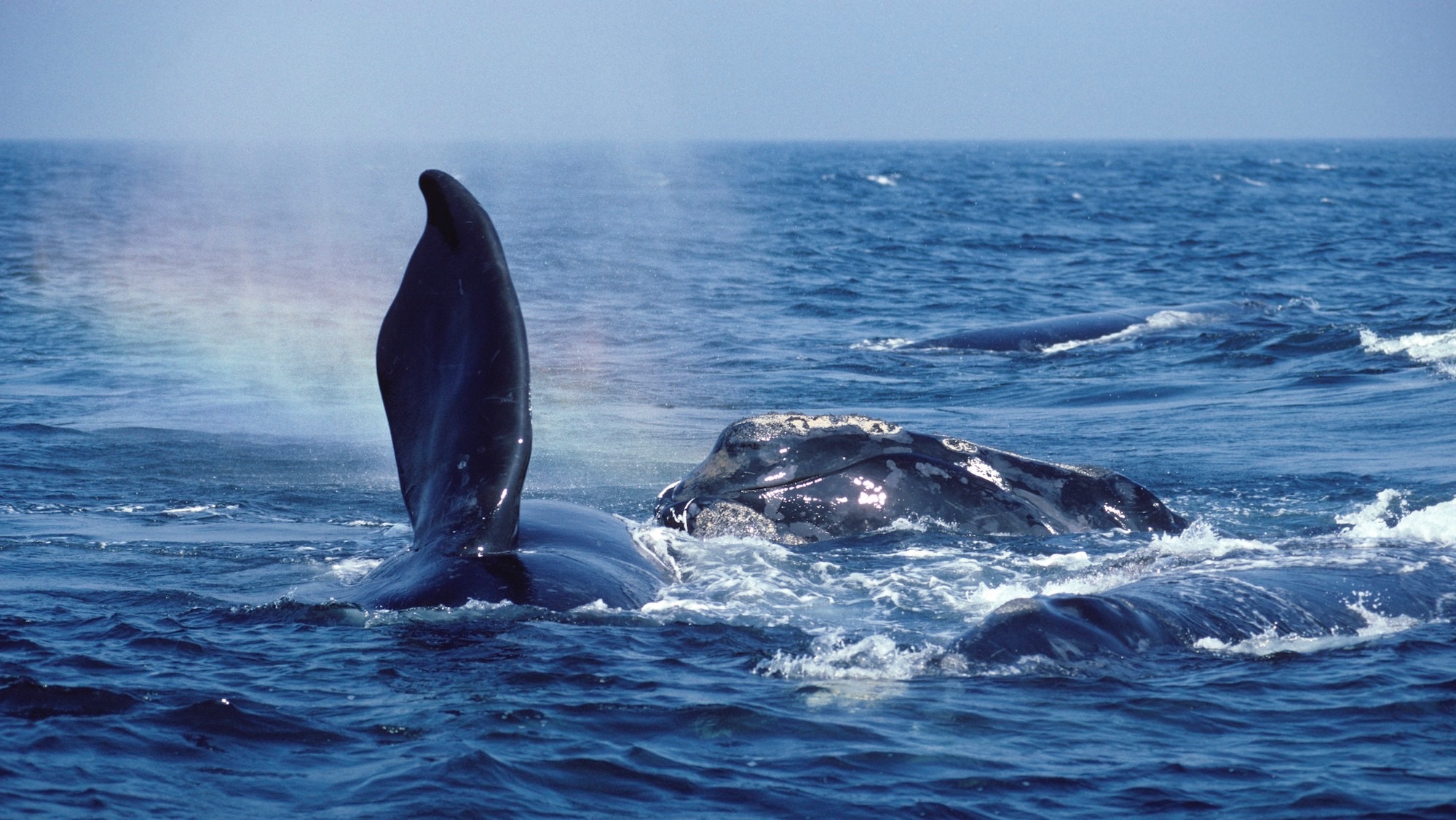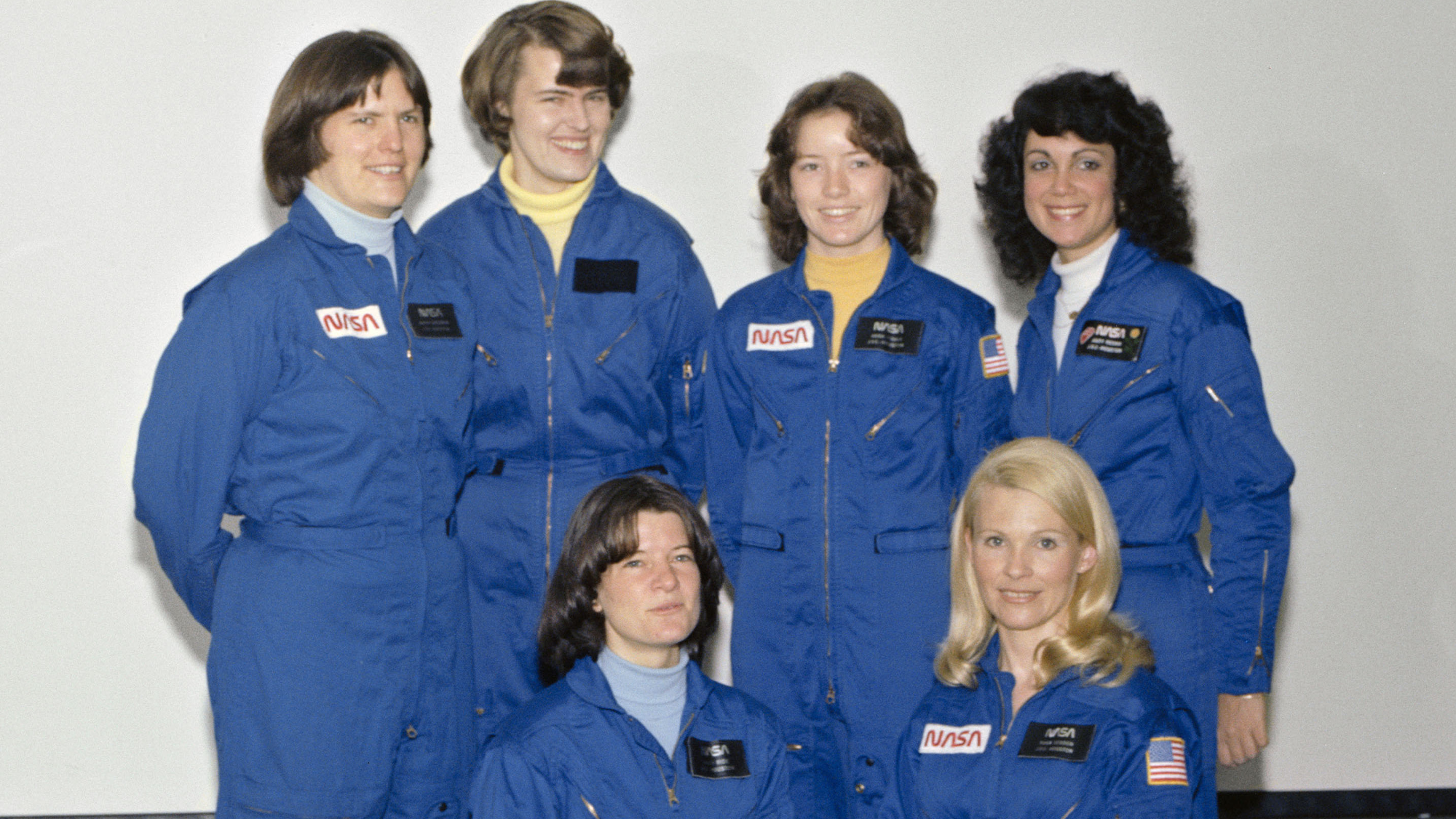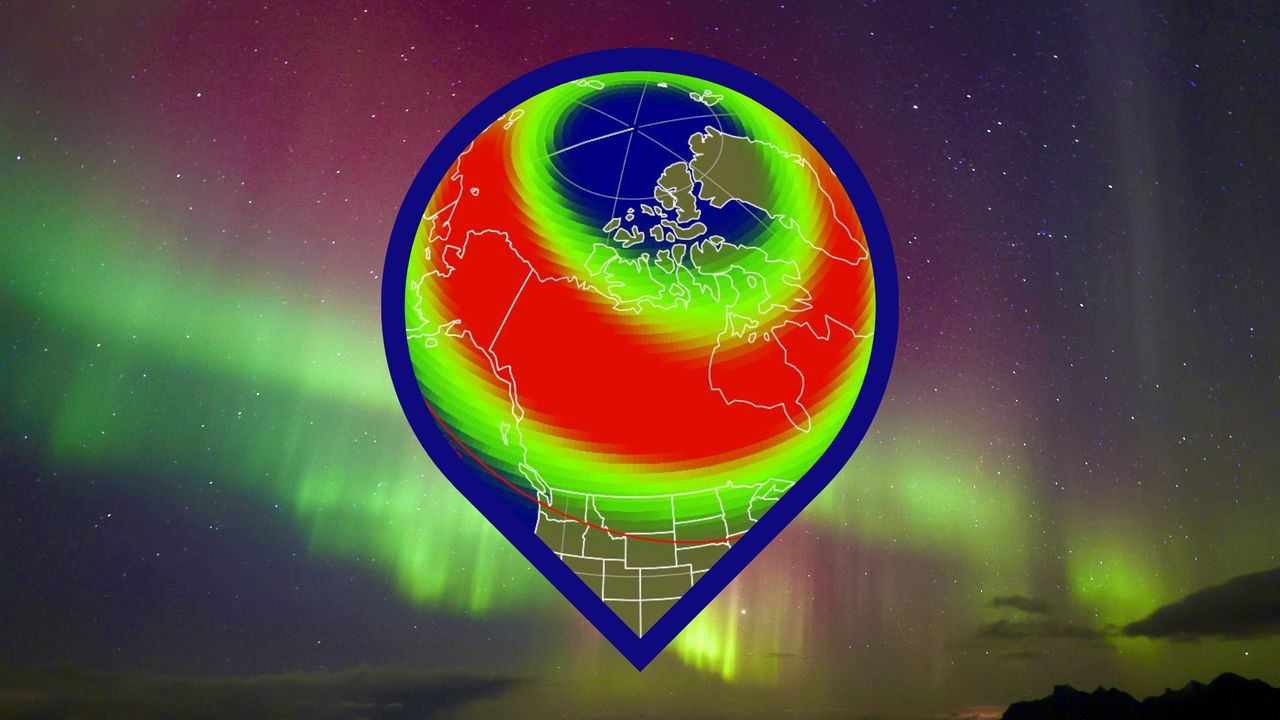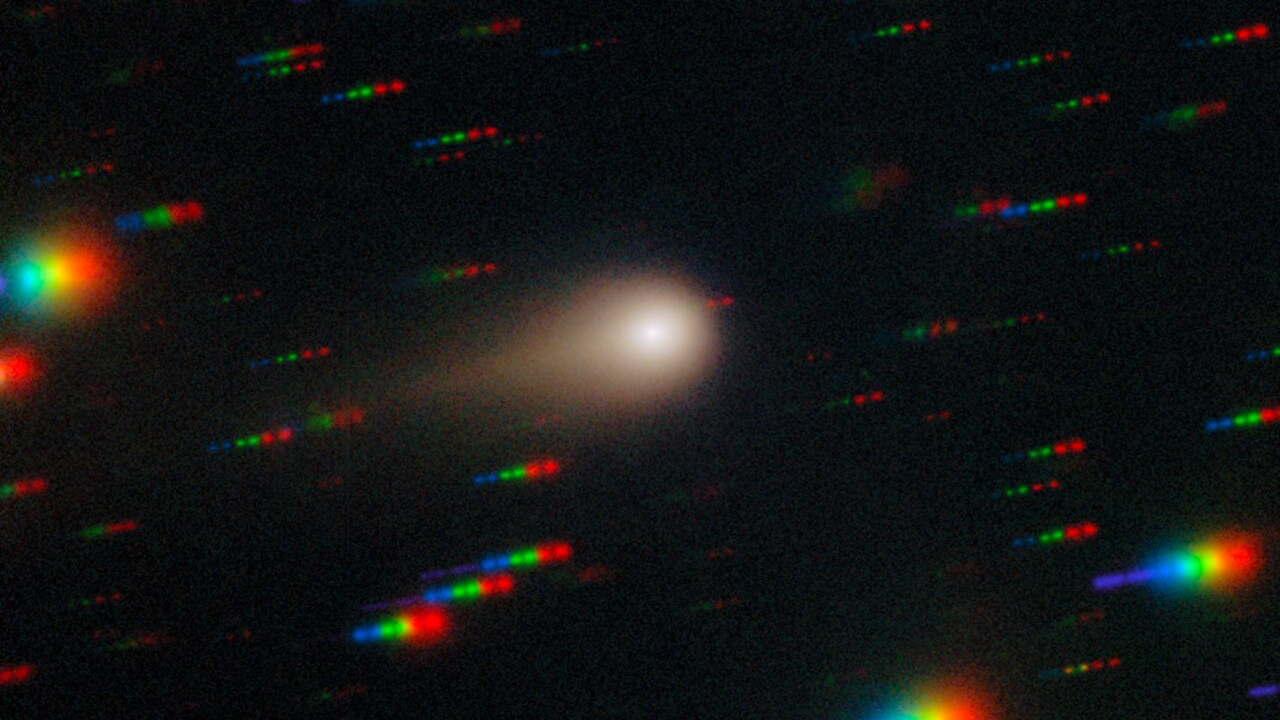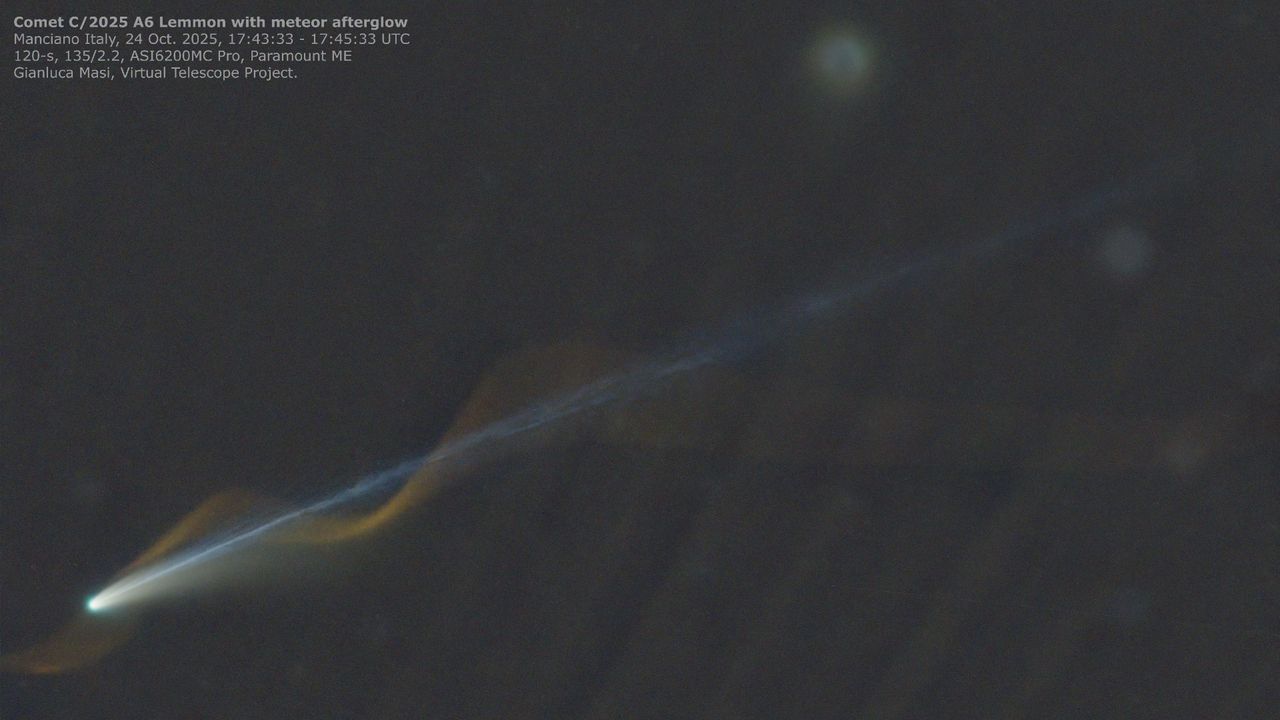Half of all uncontacted Indigenous tribes may disappear by 2036
NegativeScience

A recent report by Survival International warns that half of all uncontacted Indigenous tribes could vanish by 2036 due to various threats. This alarming prediction highlights the urgent need for awareness and action to protect these vulnerable communities and their way of life. The resilience of these tribes is remarkable, but without intervention, their survival is at serious risk, which is a loss not just for them but for humanity as a whole.
— Curated by the World Pulse Now AI Editorial System



